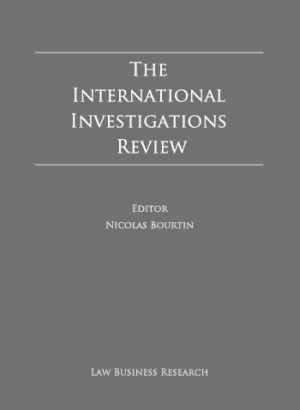
In the United States, it continues to be a rare day when newspaper headlines do not announce criminal or regulatory investigations or prosecutions of major financial institutions and other corporations. LIBOR. Foreign corruption. Financial fraud. Tax evasion. Price fixing. Environmental crimes. Export controls and other trade sanctions.
Complex interlocking legal and regulatory regimes have become even more labyrinthine with the passage of new laws in the wake of the recent economic crisis, and the compliance burdens imposed on corporations have grown ever more onerous.
This trend has by no means been limited to the US; while the US government is at the forefront of the movement to globalise the prosecution of corporations, the scenes in Europe and Asia are similar, as non-US authorities appear determined to adopt the US model. Parallel corporate investigations in multiple countries increasingly compound the problems for companies, as conflicting statutes, regulations, and rules of procedure and evidence make the path to compliance a treacherous one. What is more, government authorities forge their own prosecutorial alliances and share evidence, further complicating a company’s defence. These trends show no sign of abating.
As a result, corporate counsel around the world are increasingly called upon to advise their clients on the implications of criminal and regulatory investigations outside their own jurisdictions. This can be a daunting task, as the practice of criminal law – particularly corporate criminal law – is notorious for following unwritten rules and practices that cannot be gleaned from a simple review of a country’s criminal code. And while nothing can substitute for the considered advice of an expert local practitioner, a comprehensive review of the corporate investigation practices around the world is undoubtedly long overdue and will find a wide and grateful readership.